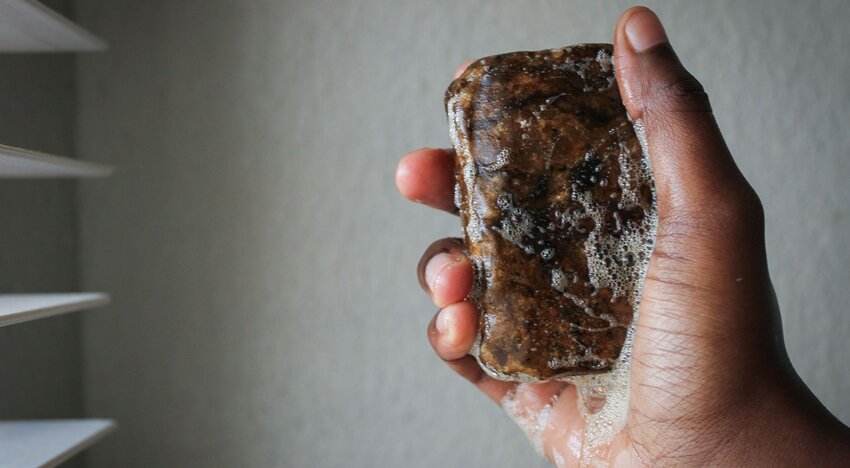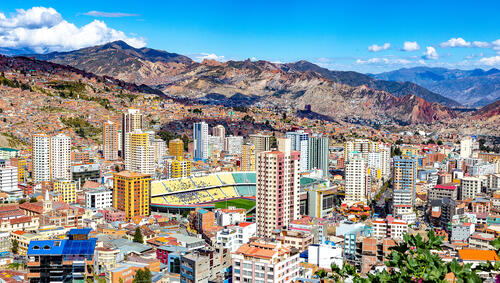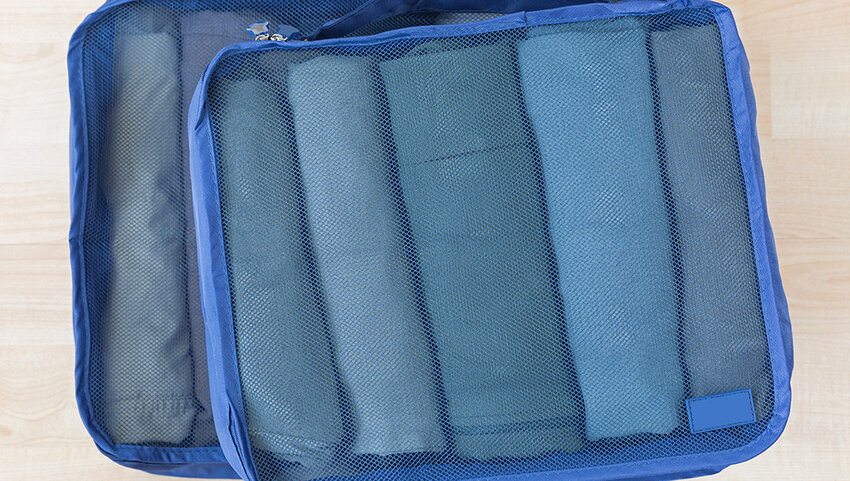Though it's only recently been popping up in the western market, African black soap is a centuries-old product that's incredibly popular in West Africa. There, it is widely used for routine hygiene as well as to treat conditions like acne, eczema, psoriasis, and athlete's foot, with most users swearing by its efficacy.
While versions of it are made as far north as Morocco, the most widely known kinds come from Nigeria, Ghana, Benin, and Togo. Though the basic recipe is the same, minute changes to the ingredients across regions result in many different ways to make it. Most families who still produce it in the traditional manner use recipes that have been passed down through generations and perfected over hundreds of years.
Users tout it as a miracle product, claiming that it’s effective in subduing or curing a number of different skin issues. While comprehensive clinical studies have yet to be performed, one study published in the Journal of Aesthetic and Clinical Dermatology surveyed American users of African black soap and found that 91% of respondents reported that using black soap helped at least somewhat in the treatment of skin ailments, with over half reporting that it provided significant relief. And considering it's generally regarded as perfectly safe for all skin types, you'll probably want to give it a try, too.
How It's Used
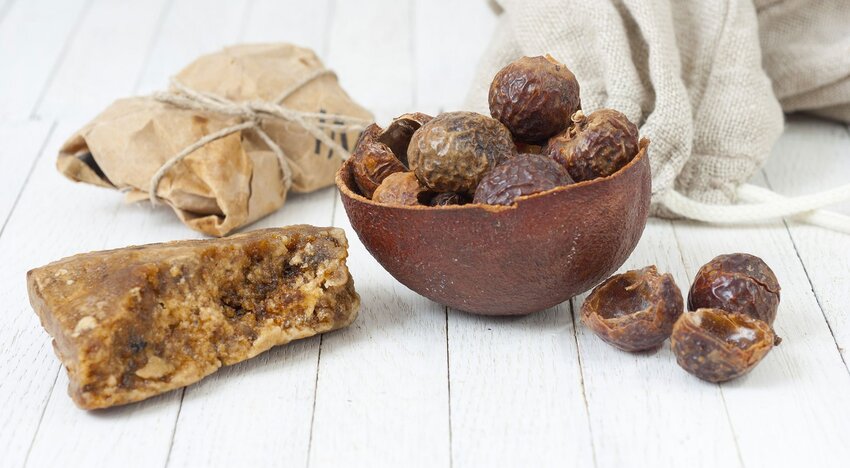
Black soap may be a bit trickier to use than your average western cleanser. The consistency can vary somewhat, ranging in viscosity from a hard, pressed bar to a gelatinous paste, but both types are used essentially the same way. After breaking off or scooping out a small amount, lather the soap between your hands with warm water until sufficiently melted. You can then apply the lather to your body, face, or hair. For the very hardest of bars, you can use a cheese grater to slough off a small amount at a time to help the bar lather more easily.
The Benefits of Black Soap
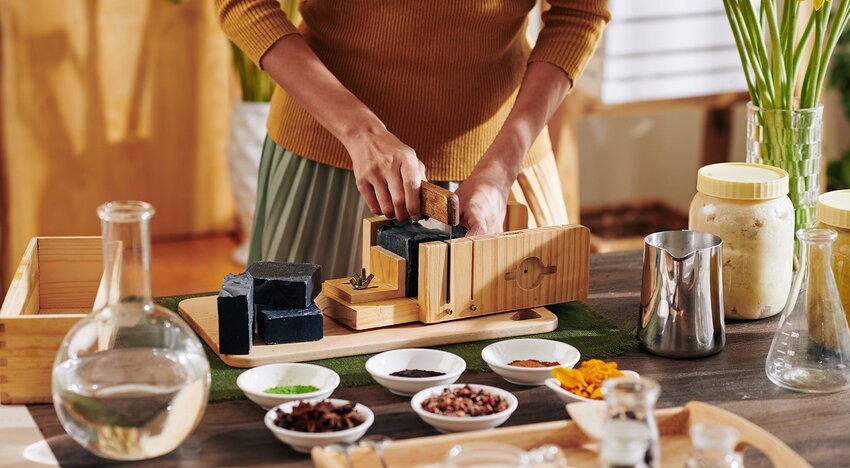
The purported benefits of black soap are numerous. Although results can vary, it has proven antimicrobial and antifungal properties, which is why it functions so well on acne-prone skin. Many users experience a reduction in hyperpigmentation and inflammation, and those with mature skin can see a reduction in age spots and sunspots.
Amazingly, both oily and dry skin can benefit from using black soap, as it can act as a moisturizer and helps regulate overactive sebum glands. In a world full of increasingly extensive skincare routines and heavily researched commercial products, it's incredible that a product that's produced nearly identically today as it was hundreds of years ago can be so effective.
How It's Made
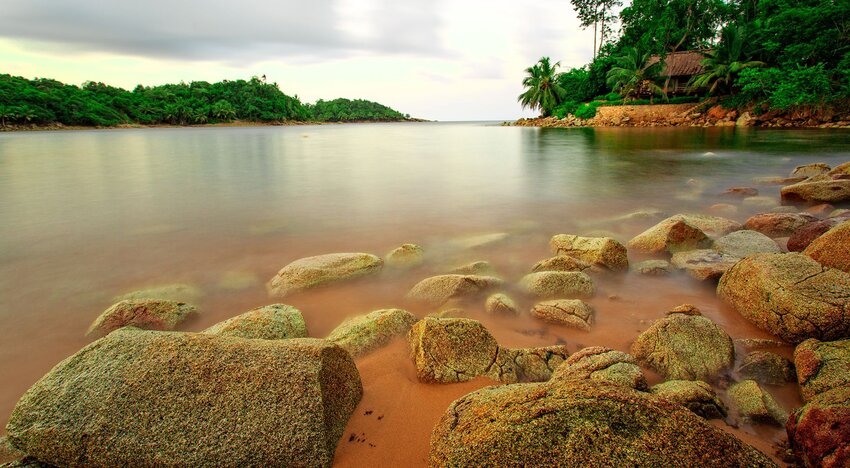
When made traditionally by hand, black soap is all-natural, organic, and vegan. It's made from the ash of dried plantain peels, palm tree leaves, shea tree bark, or other organic materials that have been dried in the sun, which are then burned to create alkali ash. This ash is cooked with coconut oil, palm oil, or shea butter for a day or so until it congeals, then it is left to cure for a couple of weeks before it's ready to use. While the details vary depending on the region, the basic ingredients remain similar across vast areas of West Africa.
How to Tell if it's Authentic
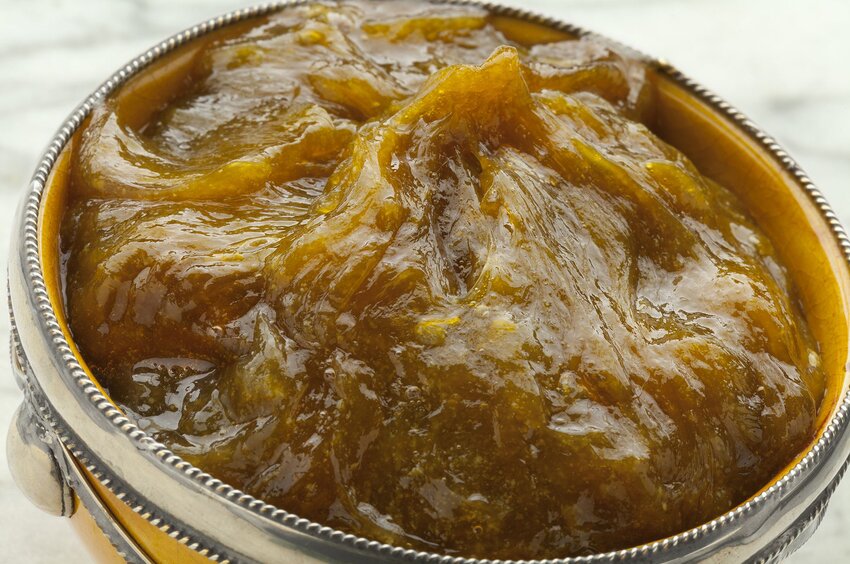
While commercial or Western varieties may have a more pleasant texture or color, you're going to want to do your research to assure that what you're buying is the real deal.
Black soap isn't actually pitch black. Generally, its color ranges from caramel-colored to deep brown. Most varieties have a marbled or uneven color and texture. When black soap is perfectly smooth, this generally means it contains additives like sulfates or mineral oil to make it resemble a traditional bar soap. None of these additives make the soap more effective; in fact, some of these agents can irritate the skin.
Real black soap doesn't have much of a smell other than a faint, earthy aroma. If yours does, this means it has added fragrances or essential oils. While some swear by added ingredients both in and out of Africa, particularly additions like eucalyptus or tea tree oil which may have antibacterial benefits, others believe it may irritate skin or otherwise prove unnecessary.
Where to Get it
If you're not prepared to travel all the way to Ibadan, then you'll probably be purchasing your black soap online. Even when imported, you’ll typically find black soap is far cheaper than popular elite face and body washes, but will definitely cost more than your average drugstore bar. Unless it comes in an extremely large quantity, you shouldn’t expect to pay more than $15. Here are a few brands you can start with, depending on what you need it for.
Halal Everyday
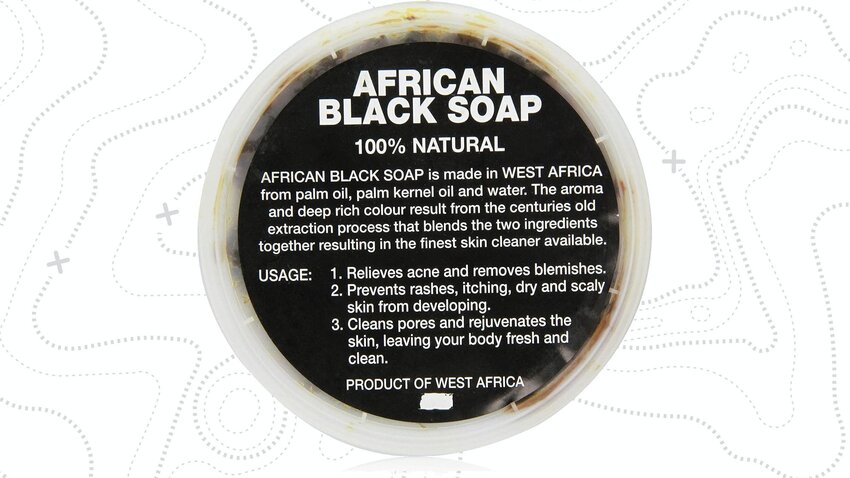
If you're looking for a facial cleanser, black soap paste is your best bet. With a slightly gooey consistency, it’s much easier to portion into small amounts and lathers more easily than other varieties.
Buy it here: African Black Soap Paste by Halal Everyday | $12
Sky Organics
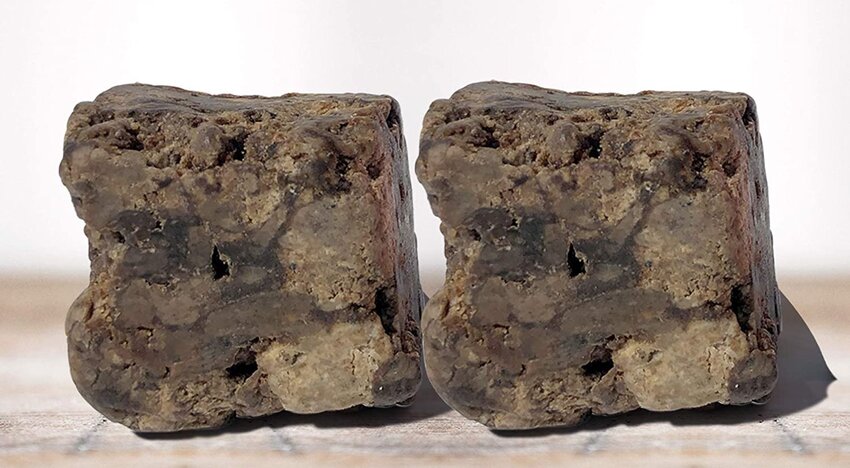
This versatile brand has everything you need and nothing you don't. It contains absolutely zero additives and has that traditional pressed texture you expect from real black soap. This is a great brand to begin with if you'd like to try it for your body, face, and hair as it can work for all three.
Buy it here: African Black Soap Bar By Sky Organics | $10
Dudu-Osun
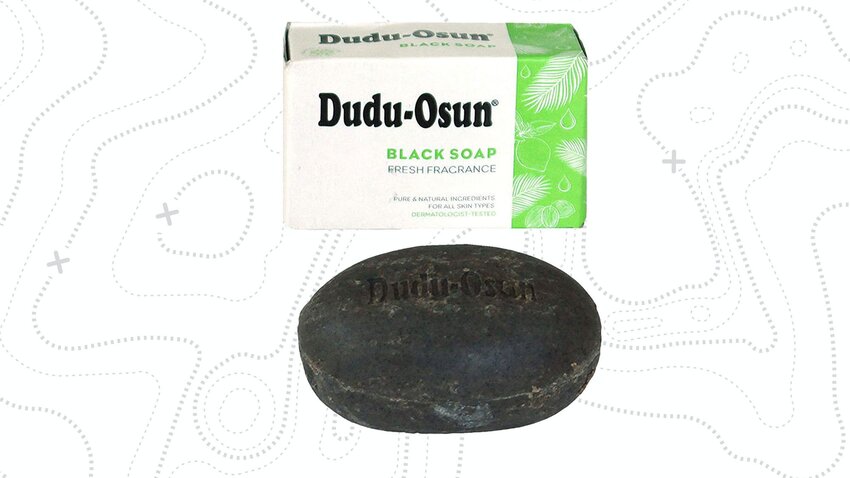
This option is perfect as a body soap, especially if you're trying to smooth out skin texture on knees and elbows, prevent ingrown hairs from shaving, or reduce stretch marks during pregnancy. The ground coconut shells inside act as a mild exfoliant, particularly if you press the bar itself onto your body as you're lathering it.
Buy it here: Dudu-Osun Black Soap | $5
Main photo by Bongiwe Shakwane/Shutterstock.

